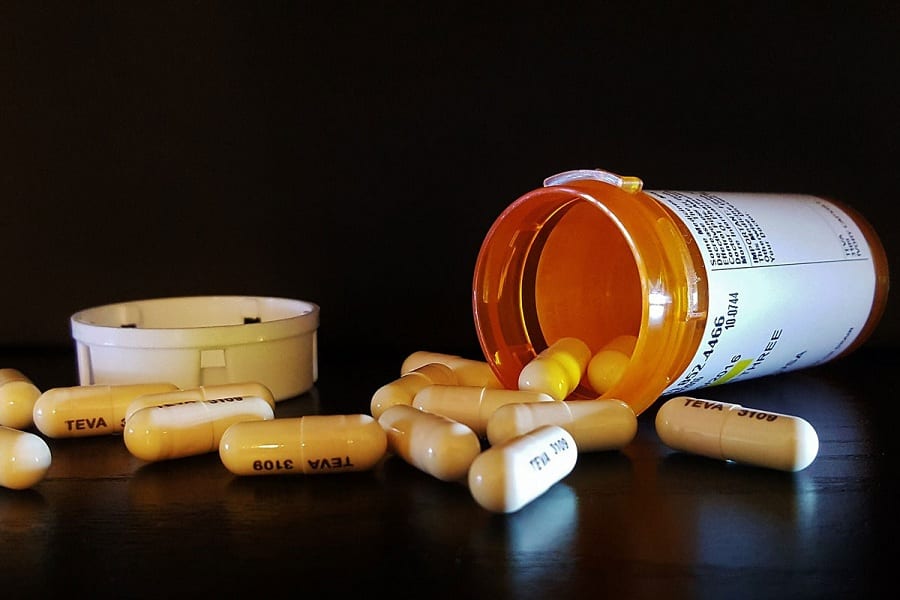An antibiotic is a medicine used to fight the bacteria that cause infections. They’re commonly referred to as antibacterials as well. They treat infections by decreasing or killing the growth of bacteria.
The first modernized antibiotics were used in 1936. Before this kind of medication was introduced globally, 30% of deaths worldwide were due to bacterial infections.
Thanks to antibiotics, infections that were previously fatal can now be cured.
Today, the antibiotic is still a life-saving, powerful medication that can treat certain serious infections. They can also help prevent less-severe infections from becoming severe.
There are several classes of antibiotics. Certain antibiotics will work best when used to treat specific types of infections.
You can get antibiotics in many forms, including capsules (which is the most common of them all), tablets, liquids, creams, and ointments. You can only purchase most antibiotics if you have a doctor’s prescription.
However, some antibiotic ointments and creams can be gotten over the counter.
Contents
How Do Antibiotics Work?
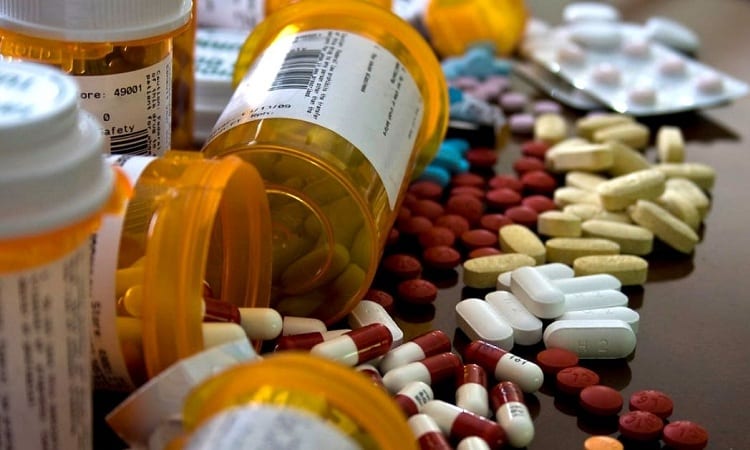
As we mentioned earlier, antibiotics fight the bacteria that cause infections by suspending or slowing down the bacteria’s growth or just killing it altogether. These medications do this by:
- Attacking the coating or wall that surrounds the bacteria
- Interfering with bacteria reproduction
- Blocking the bacteria’s protein production
The antibiotic medication starts working immediately after you’ve taken them. However, it may take two or three days before you start feeling better. How quickly you recover from what’s ailing you varies.
Also, it depends on the kind of bacterial infection you want the antibiotics to treat.
You should take antibiotic medications for about seven to fourteen days. In some scenarios, shorter treatments will end up working just as well.
Your doctor will know how long you need to take them for as well as the correct type of antibiotic you’ll need.
Even though you may start feeling a little better after a couple of days or so of treatment, it’s always best you finish the whole antibiotic regimen if you want to resolve the infection you’re treating fully.
This can also help you prevent resistance to the antibiotic.
Consult your doctor first before you decide to quit taking the antibiotics early.
What Are These Medications Made Of?

Penicillin, the first beta-lactam antibiotic, was discovered by accident. It was found on a mold that was growing on a petri dish. Scientists then later found a specific kind of fungus that could produce penicillin.
Eventually, this particular antibiotic was produced in huge quantities through fermentation via the fungus.
Today, all antibiotics pharma companies make in a laboratory. Some are manufactured via a set of chemical reactions which produce the component which manufacturers use in the medication.
That being said, some have people create through a partially natural but controlled procedure.
This procedure you usually enhance with chemical reactions, which can alter the original component to come up with a different medication.
Antibiotic Resistance
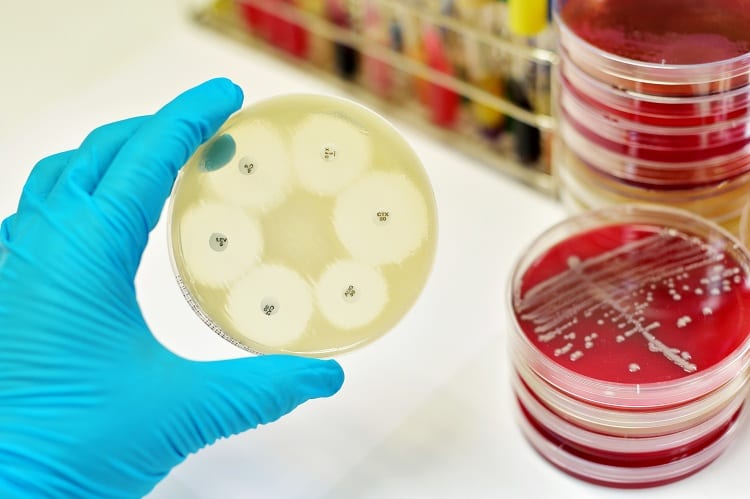
An antibiotic is a powerful medication that can work incredibly well for certain health complications and illnesses. However, some of them are now not as useful as they once were because of increased antibiotic resistance.
Antibiotic resistance happens when the bacteria can’t be killed or controlled by certain antibiotic medications anymore.
In some instances, this can end up meaning that there aren’t any effective treatments for some specific conditions.
Every year, about two million people worldwide get bacterial infections that can resist antibiotics, which results in around 25,000 deaths.
Whenever someone takes antibiotics, sensitive bacteria are gotten rid of. The bacteria that survive after the antibiotic regimen is over with are usually resistant to that particular bacteria.
These bacteria typically have some unique characteristics which help prevent the antibiotic medication from working on them.
Some severe antibiotic-resistant infections include:
Clostridium difficile
The overgrowth of this kind of bacteria typically causes infection in both the large and small intestines. This usually happens when you treat a particular type of bacterial infection with the wrong antibiotics.
With that said, C. diff naturally resists many antibiotic medications.
Methicillin-resistant Staphylococcus Aureus
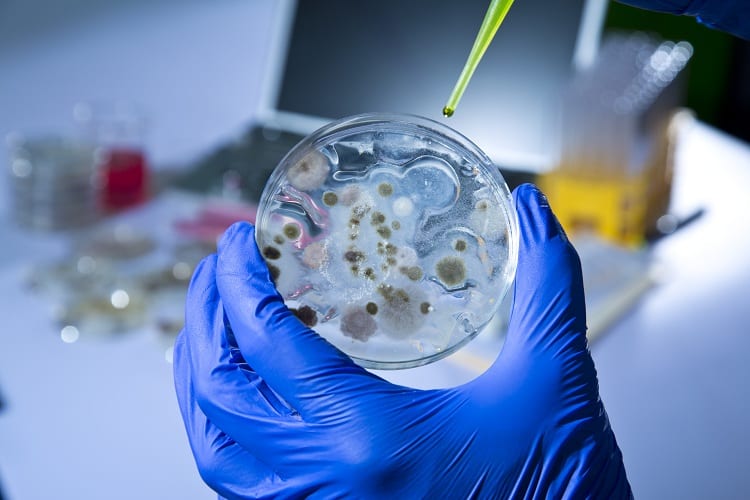
This kind of bacterial infection can resist the more traditional staph infection antibiotic medications. MRSA bacterial infections typically happen show and occur on the skin.
You most commonly find it in folks that have weakened immune systems.
Carbapenem-resistant Enterobacteriaceae
Also commonly referred to as CRE, this class of bacteria can resist several antibiotics.
CRE bacterial infections typically occur in people who have indwelling catheters or are using a mechanical ventilator and people in hospitals.
Overuse or inappropriate use of antibiotics is the most common cause of antibiotic resistance. Interesting fact, as much as thirty-percent of antibiotic medication use is believed to be unnecessary.
Who’d have thought, no? This is because many of the antibiotics usually prescribed to people are not needed.
Here’s how you can decrease the inappropriate use of antibiotics:
- Only take antibiotics when you’re treating bacterial infections. Avoid using antibiotics to treat illnesses and health complications caused by viruses like a sore throat, cough, flu, or the common cold.
- Only take antibiotics when you’re treating bacterial infections. Avoid using antibiotics to treat illnesses and health complications caused by viruses like a sore throat, cough, flu, or the common cold.
- Only take antibiotics when you’re treating bacterial infections. Avoid using antibiotics to treat illnesses and health complications caused by viruses like a sore throat, cough, flu, or the common cold.
Your doctor will be able to choose for you the most appropriate antibiotics for the kind of infection you’re trying to treat.
What Do Antibiotics Treat?
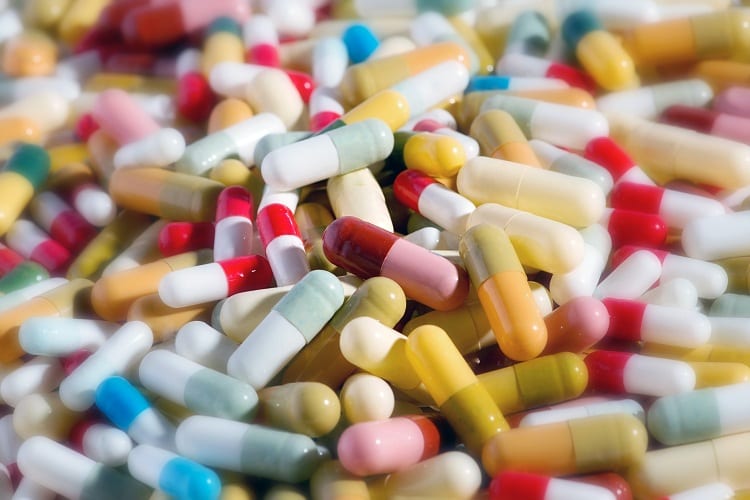
Again, you can use antibiotic medications to treat bacterial infections. Sometimes it is hard to determine if a virus or bacteria cause the infection that’s ailing your body because the symptoms seen from both are usually very similar.
Your doctor will evaluate the symptoms you’re showing and do a physical examination on you to determine what’s causing the infection.
Sometimes, they can request you to take a urine or blood test to confirm what’s causing the infection. Some of the common bacterial infections are:
- Urinary tract infections
- Ear and sinus infections
- Strep throat
Antibiotic medications are not effective against viruses, like the flu or the common cold. They also won’t work on fungal infections, such as athlete’s foot, yeast infections, ringworms, and fungal toenail infections.
Common Side Effects

Most antibiotic medications have the same side effects. The most common one is gastrointestinal upset, which includes diarrhea, nausea, vomiting, and cramps.
You can reduce these side effects if you take the medication with food in some instances.
However, some antibiotic prescriptions you need to ingest on an empty stomach. Ask your pharmacist or doctor how best you can take the antibiotics you’ve been given.
Gastrointestinal upsets typically go away once you stop the treatment. If it does not, call your doctor immediately. You should also call the doctor if you start experiencing severe diarrhea, cramping, stomach pain, blood in the stool, and fever.
How To Use
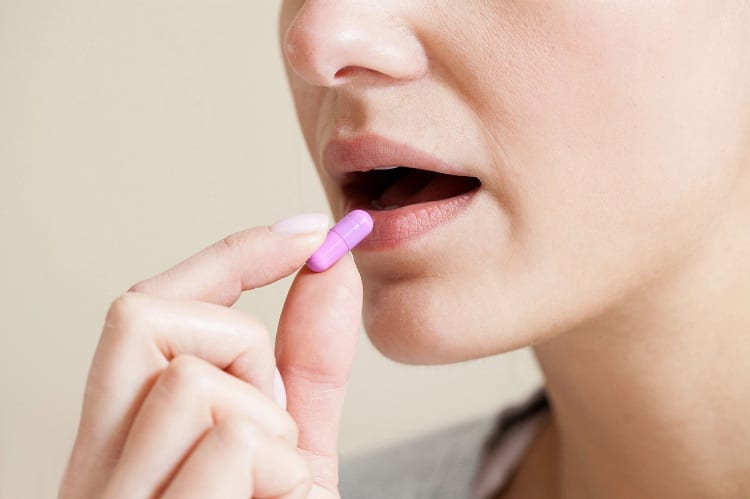
People usually take antibiotic medication by mouth. However, sometimes doctors will want to inject them into the body directly or apply them to the body part that has the infection.
Most antibiotics start working within a couple of hours. If you don’t want the infection to come back, you’ll need to complete the entire regimen prescribed to you by your doctor.
Stopping the medication prematurely increases the risk of antibiotic resistance. The bacteria that survive will have been exposed to the medication and might consequently develop some resistance to that particular antibiotic.
Complete the treatment even if you start feeling better after just a few days.
Some antibiotics should not be taken with certain drinks or food. Others should be taken on an empty stomach, say two hours after a meal or an hour before.
You need to follow the doctor’s instructions correctly if you want the antibiotics to be effective. Furthermore, if you’re taking metronidazole, avoid drinking alcohol.
Also, don’t consume dairy products if you’re taking tetracyclines. Doing so might interfere with how your body absorbs the medication.
Conclusion
Antibiotic medications are most effective when they’re used properly. It starts with making sure that you really need the antibiotic. Only use them to treat bacterial infections and ensure they’ve been prescribed by your doctor as well.
Consult your pharmacist or doctor about how best you can take them. Some antibiotics need to be taken with food not to experience any side effects, while others need to go down on an empty stomach.
Also, make sure you take the correct amount and finish the whole regimen.
Hopefully, now you know a little more about what antibiotics are all about.
Resources:

